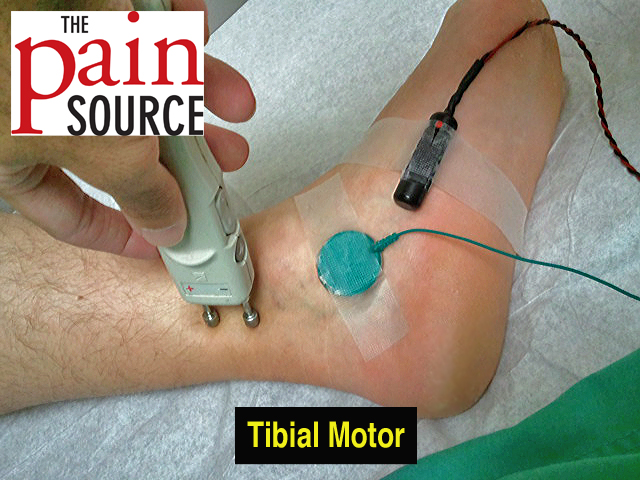
The main way to prepare for a nerve conduction study is to temporarily avoid using lotion or oils on your skin in the days leading up to your appointment.

How do I prepare for a nerve conduction test? Can I take pain medication before an EMG?ĭo not take any Excedrin (which contains Aspirin), over-the-counter anti-inflammatory medications (such as Advil, Aleve, Aspirin, etc.), or prescription NSAID’s (naproxen, motrin, etc.) for at least 5 days prior to the procedure. Watch closely for changes in your health, and be sure to contact your doctor or nurse call line if: Muscle pain from an EMG test gets worse or you have swelling, tenderness, or pus at any of the needle sites. The test uses needles and small shocks to test the signaling of your nerves and muscles. Does a nerve conduction test for carpal tunnel hurt?Īfter suffering from a muscular injury such as carpal tunnel or a pinched nerve, your doctor might call for an electromyogram (EMG). So, these tests are commonly used both in the diagnosis as well as the monitoring of arthritis. Imaging and nerve tests allow a doctor to see the internal structures without doing a medical procedure. Can a nerve conduction test diagnose arthritis? You may develop small bruises or swelling where the needle was inserted. After EMG testing, you may feel a tingling sensation for a couple of days. Afterward, you may be given a pain reliever if you have any soreness. If bleeding does not stop after the test, you should tell your doctor.Īn EMG usually takes 30 to 60 minutes.

How painful is an EMG for carpal tunnel?.Is it normal to feel pain after a nerve conduction test?.



 0 kommentar(er)
0 kommentar(er)
